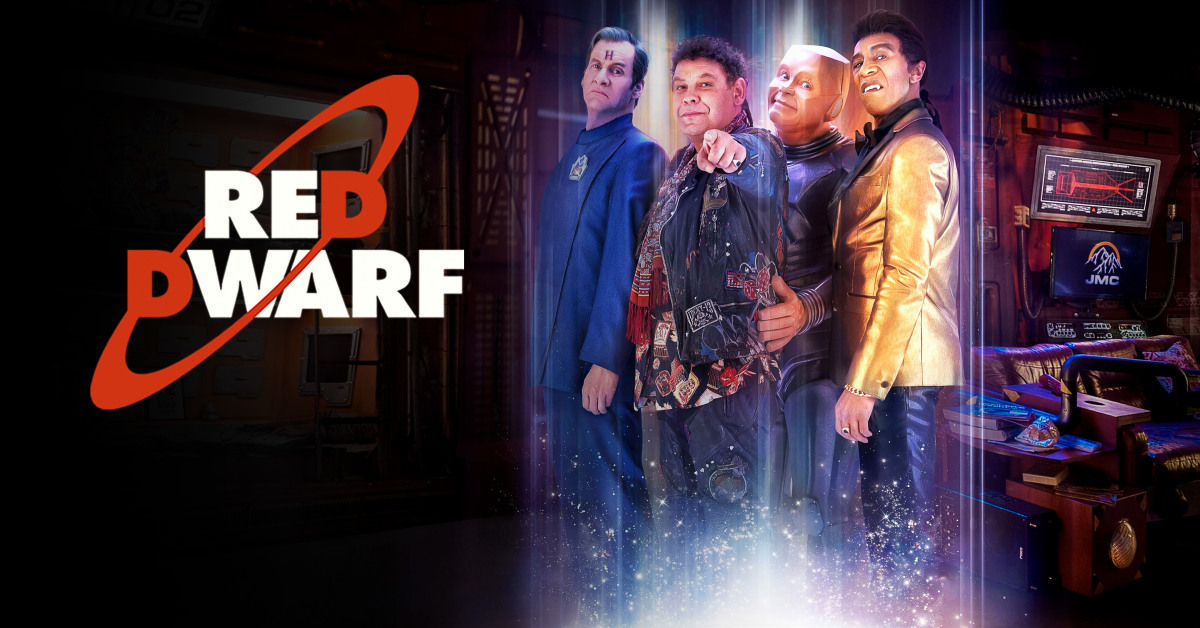 arkle55
arkle55
There's long been a theory that eventually the Universe stops expanding and shrinks back to a singularity - the 'Big Crunch' - with the Universe possibly then going through another Big Bang, a repeating cycle where the Universe is reborn, ages, and dies. This is predicated on gravity eventually slowing the expansion, then reversing it.
However, fairly recent observations of the distant Universe have tended to suggest that there's an alternate option, that gravity will not pull it all back together and that something, possibly a repulsive force generated by gravity over truly immense distances, will cause everything to move further and further apart until the Universe just basically 'goes out' and the planets and stellar remnants all eventually just cool down and go dark. In the unlikely event that you could stand in one point in space - let's pretend the Earth somehow exists for ever and you live into eternity, then you'd look up at the night sky and eventually it'd just go dark as all the stars disappeared.
A bit like a wet weekend in Blackpool, although astronomers/cosmoligists tend to use other descriptive phrases.
Dinosaurs probably died out due to a massive impact event, the link below is a short and fairly readable description of several events and the evidence for them that tie in to significant changes in life on Earth. It pretty much boils down to irridium enrichment in the geological record - ie samples drawn from the crust where the deeper you go the further back in time you are looking, which have thin layers that are significantly richer in irridium than normal - irridium being something that tends to get flung into the air by a major impact. Having found irridium enrichment that can be dated to specific periods in our distant history there was then a search to find the craters that these impacts would have left behind - obviously the Earth's crust gets recycled over time, and weathering can make such things harder to spot, but they were looking for pretty big craters so there was more chance of finding at least evidence of such craters.
It always amazes me how much we have learned about so many things, it's crazy to think that people can figure out ideas like quantum entanglement, and how quarks interact, how stellar radiation pressure balances gravity to allow stars to exist..... the Universe is an amazing place!
Dave


 .
.



